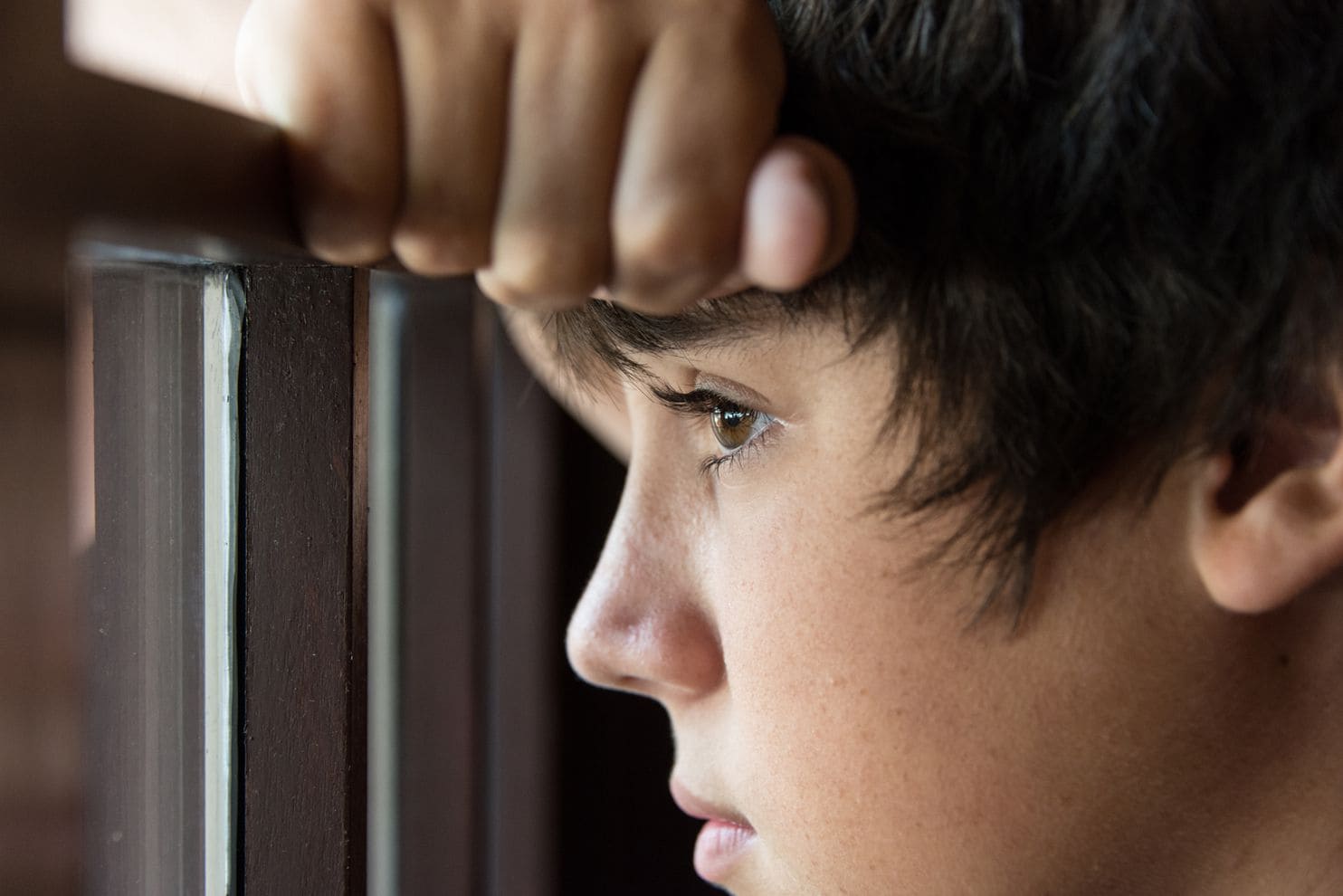An excerpt taken from the original article by Katie Hurley published on June 20, 2019.
An 8-year-old girl sits on my couch, squeezing a stress ball and staring out the window. She’s feeling anxious. I am a psychotherapist, and I talk her through a deep breathing exercise to help her feel less anxious, but she can’t stop thinking about her worries. She tells me that she has 18 days left of school, and that it’s not nearly enough.
With the end of the school year approaching, it’s natural to think that she might be relieved. She made it through another year. For this child, however, it’s the opposite. She does enjoy some parts of the summer: She likes swimming, has fun with her family and doesn’t miss homework. But with both of her parents working for most of the summer, she has to enroll in several week-long day camps. This means constant transitions and new rules. Long weekends away with family and friends disrupt sleep routines.
We think of the summer months as carefree and relaxing, but many kids actually experience an uptick in anxiety during the break. Anxious kids rely on carefully crafted routines, and too little structure or shifting routines can feel overwhelming.
There are several factors that can negatively affect anxious kids during the summer.
New, and not necessarily improved, daily routines. Kids with anxiety thrive in familiar settings with a fair amount of structure because they like to know what to expect. The trouble with summer is that routines generally change. Whether a child is enrolled in day camps, overnight camps, or even staying home, the rules and expectations change. The lack of predictability and structure can trigger worry and be overwhelming. It can also result in meltdowns.
Overscheduling. Parents may see the break as an opportunity to help their kids step outside their comfort zones by loading them up with shiny new experiences. “Many parents view the summer months as a time for children to ‘catch up,’ improve or gain an edge, and enroll them in numerous classes or activities, leaving little or no time for kids to relax and rejuvenate,” says Susan Newman, a social psychologist and author of “Little Things Long Remembered: Making Your Children Feel Special Every Day.”“Piling on and filling time only adds to their stress and anxiety that, ideally, summer break is theoretically designed to reduce.”
To view the full article click here to read the remainder of the article. You will be redirected to The Washington Post site.

